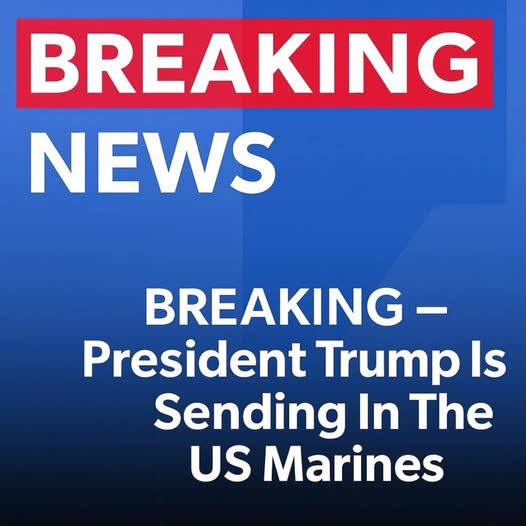U.S. Marines to Provide Temporary Support for Federal Operations in Florida
Washington, D.C. —
The U.S. Department of Defense has confirmed that a group of Marines will be temporarily assigned to Florida in order to assist Immigration and Customs Enforcement (ICE). Officials have emphasized that the deployment is strictly non-combat and focused only on administrative and logistical tasks.
The announcement has generated wide discussion across the country. For some, it represents a practical solution to easing administrative burdens on federal immigration facilities. For others, it raises important questions about the proper role of the military in domestic operations and the delicate balance between civilian and military authority.
This in-depth article examines the purpose of the deployment, the reasoning behind the choice of Florida, the historical precedents for military support in civilian affairs, reactions from policymakers and advocacy groups, and the potential long-term implications for both immigration operations and public trust.
What the Deployment Involves
According to Pentagon officials, approximately 200 Marines will be temporarily stationed in Florida. Their mission is limited in scope and does not include any direct involvement in law enforcement activities. Unlike ICE officers, Marines will not be conducting arrests, patrols, or deportation actions.
Instead, their work will be confined to three main areas:
- Administrative assistance – supporting tasks such as data entry, record-keeping, and documentation of case files.
- Logistical support – ensuring that supplies, transportation, and facility coordination are maintained efficiently.
- Facility maintenance support – helping with operations that keep housing and processing centers functional and secure.
By delegating these responsibilities to Marines, officials argue that ICE staff can devote more of their time to enforcement and case management without being overwhelmed by back-office duties.
Defense leaders stressed that Marines will be working under the supervision of ICE officials and will not exceed the legal boundaries that separate military functions from civilian law enforcement.
Why Florida Was Selected
Florida was chosen for the deployment for both practical and strategic reasons.
- Geographic location: Florida is geographically close to the Caribbean and Central America, making it a frequent arrival point for migrants. This has made the state a key hub for immigration processing.
- Facility strain: Immigration facilities in Florida have faced rising caseloads and backlogs in recent years. Additional administrative support is expected to relieve some of these pressures.
- Existing infrastructure: Florida is home to several major military bases. These bases provide the logistical infrastructure to house Marines and make coordination with ICE more efficient.
Officials noted that this combination of immigration activity and military presence made Florida the most practical choice for the deployment.
